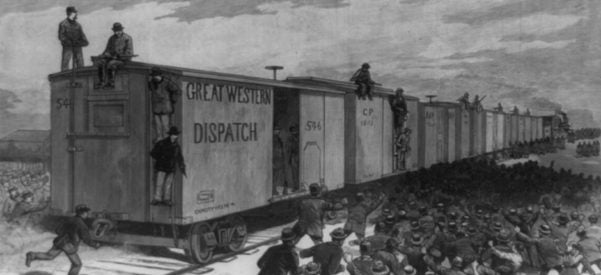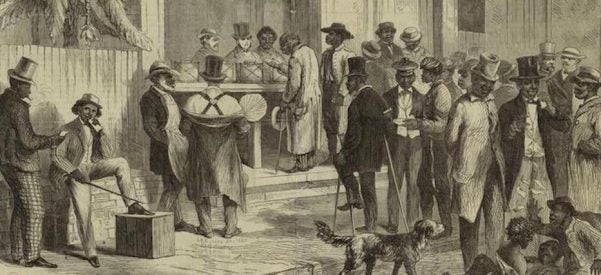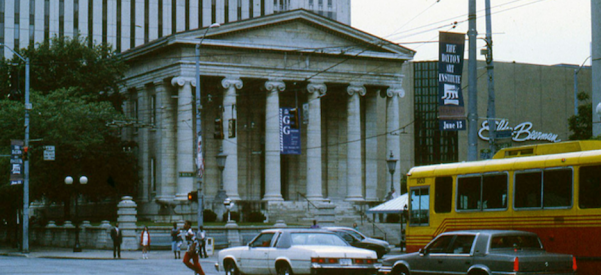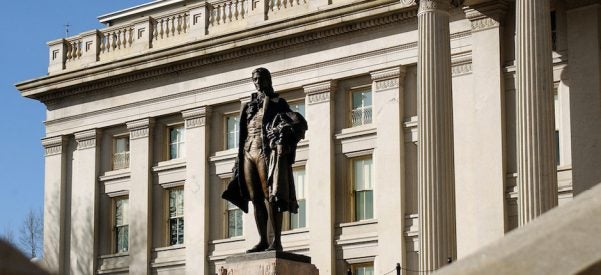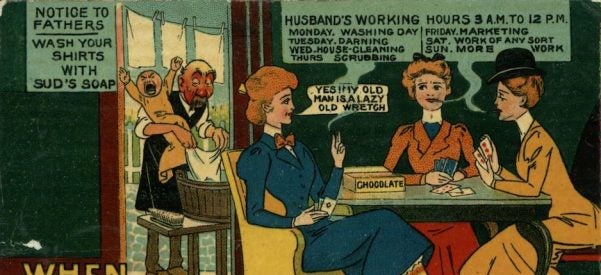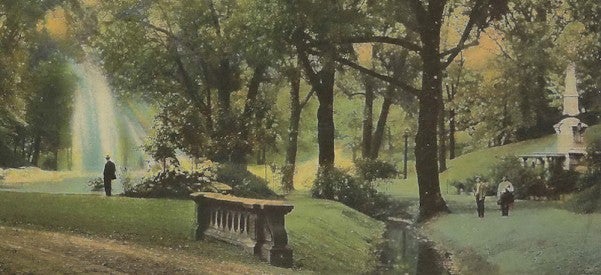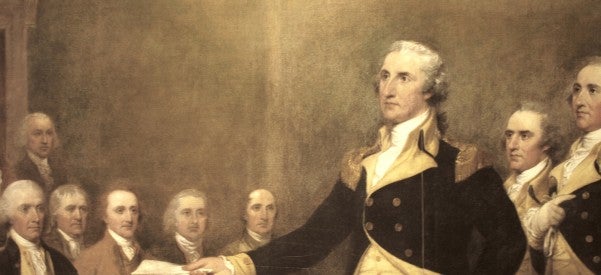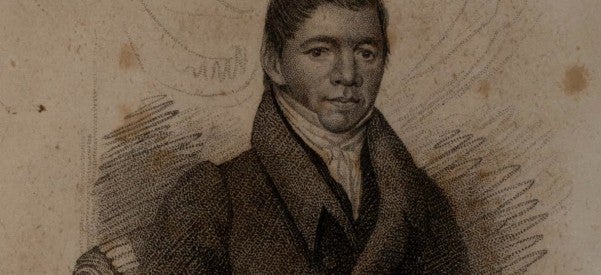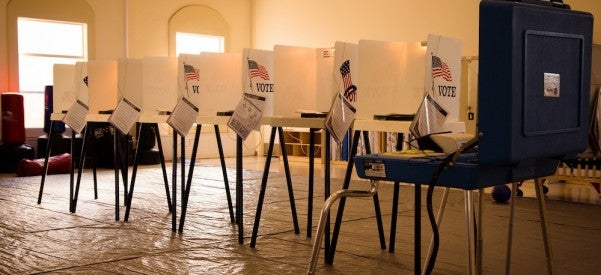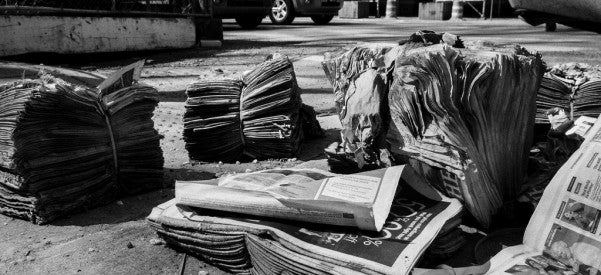The 19th Century Labor Movement That Brought Black and White Arkansans Together
In 1888, Small Farmers, Sharecroppers, and Industrial Workers Organized to Fight Inequality
Today, when Americans think about the tradition of political protest to protect democracy, they often recall the mid-20th century, when millions of Americans participated in the civil rights movement and protests against the Vietnam War. But the roots of American grassroots political activism actually date back further to movements that contested the most basic democratic rights in the South during the late 19th century.
One place to see those roots is in the Gilded Age politics of Arkansas, then a hotbed …


